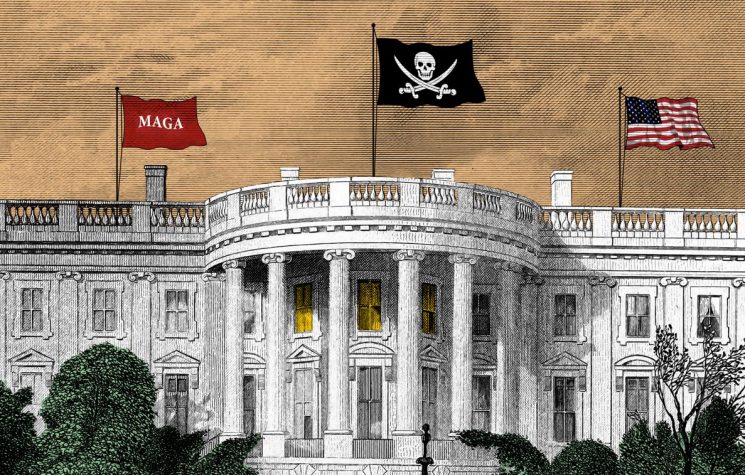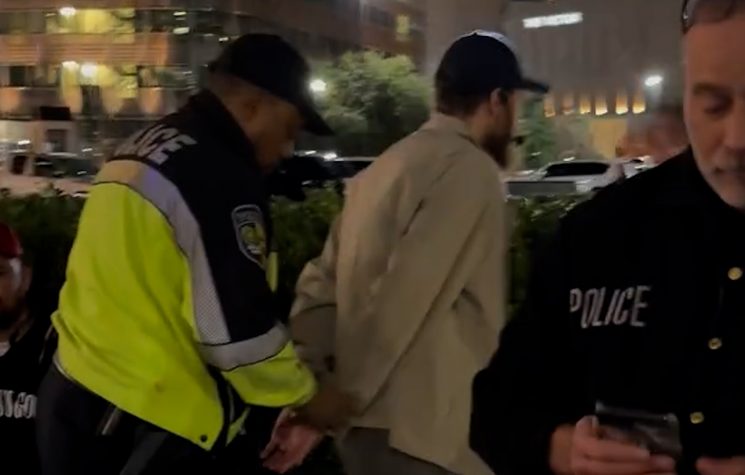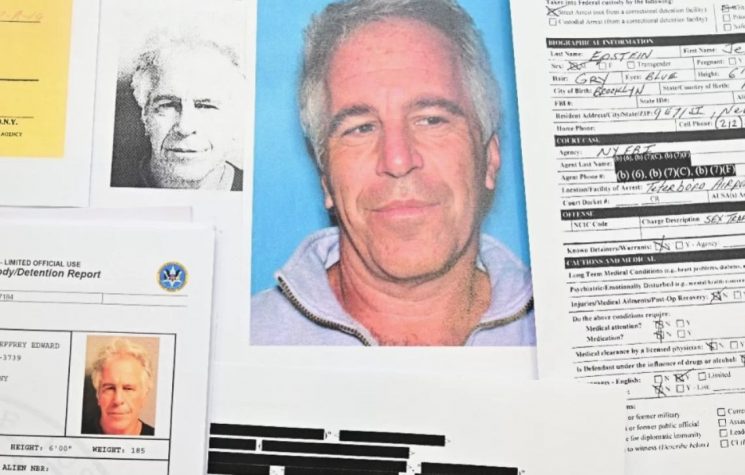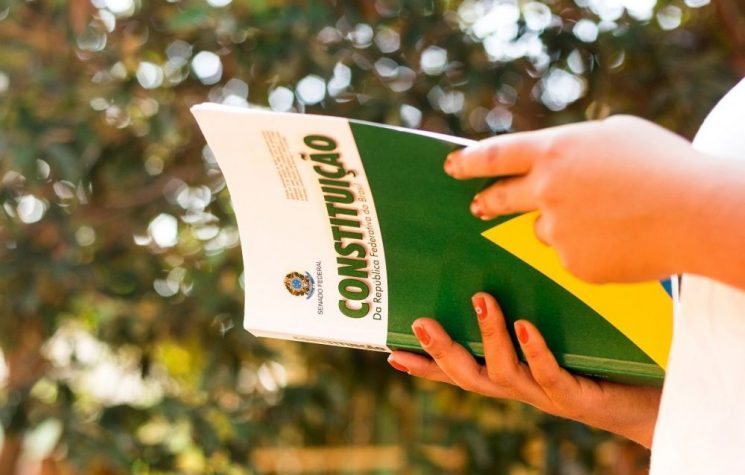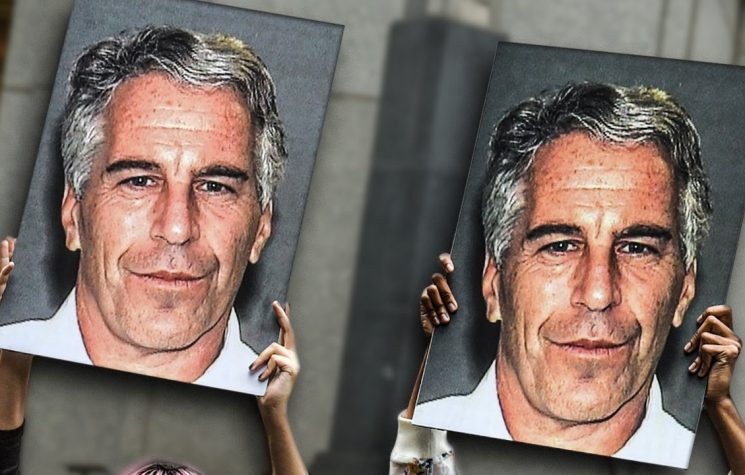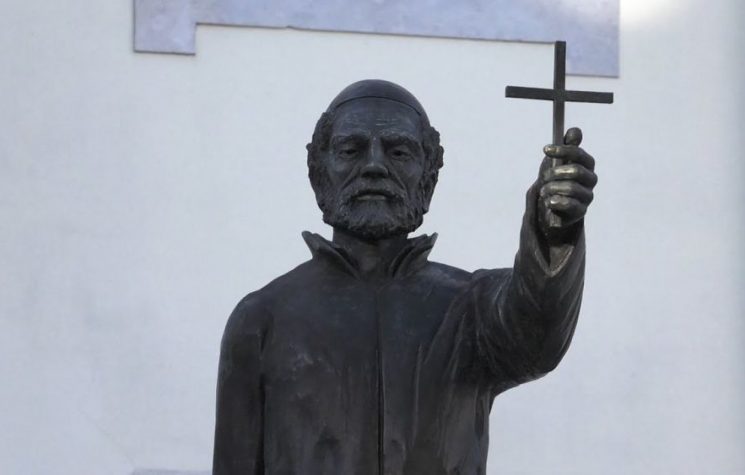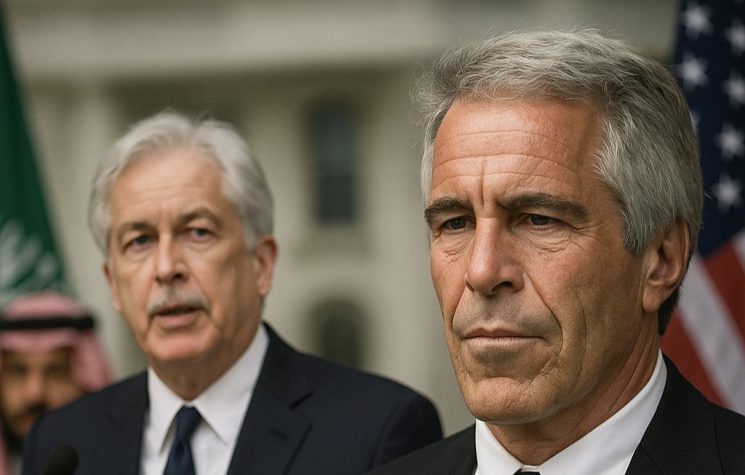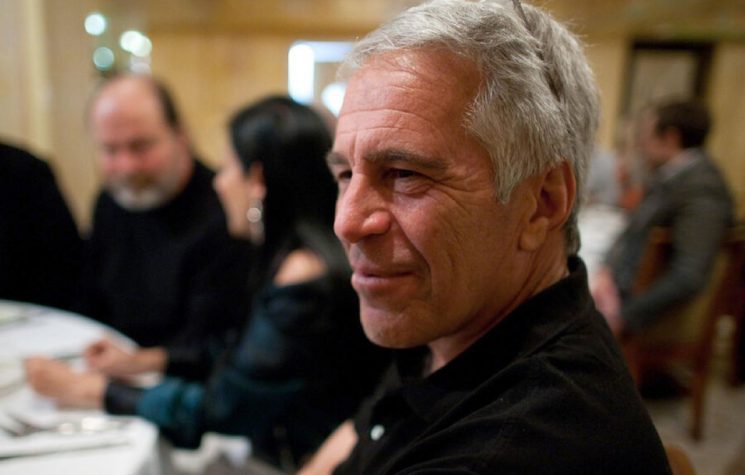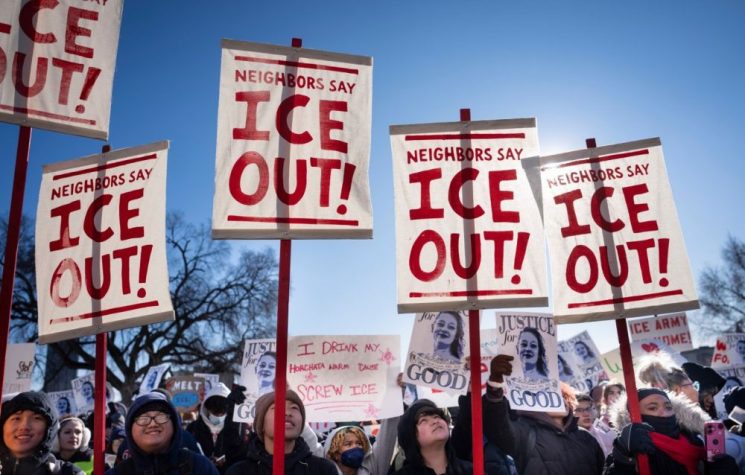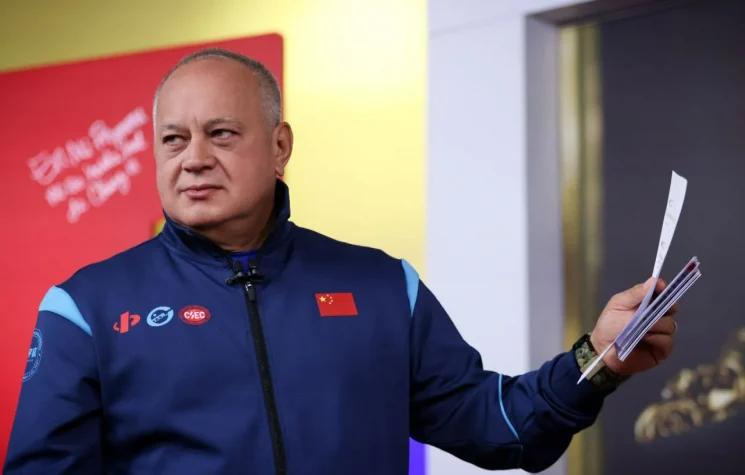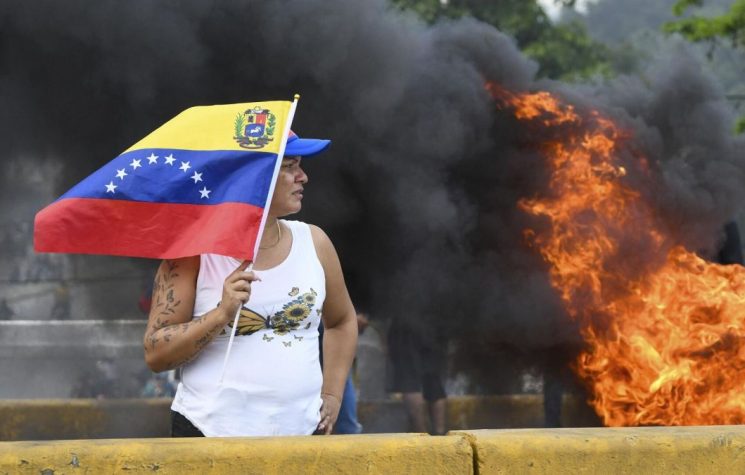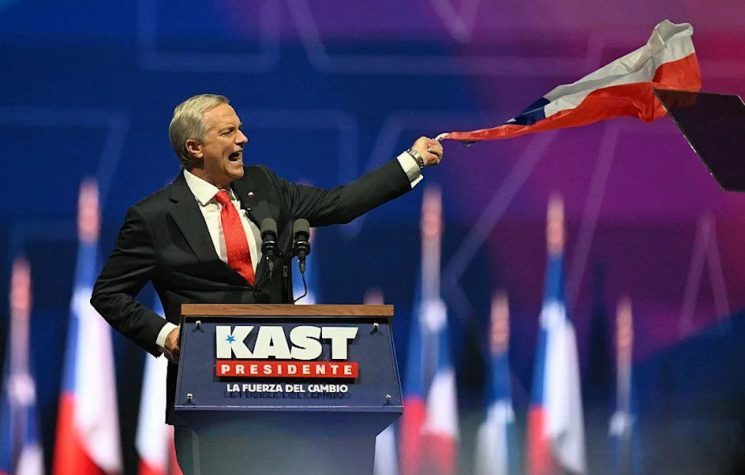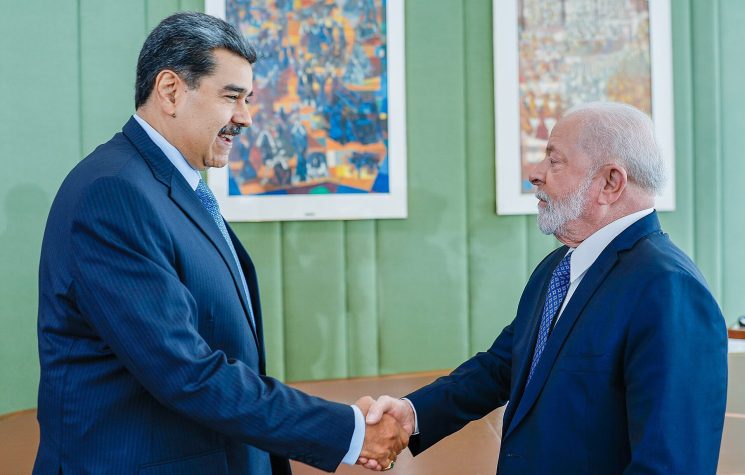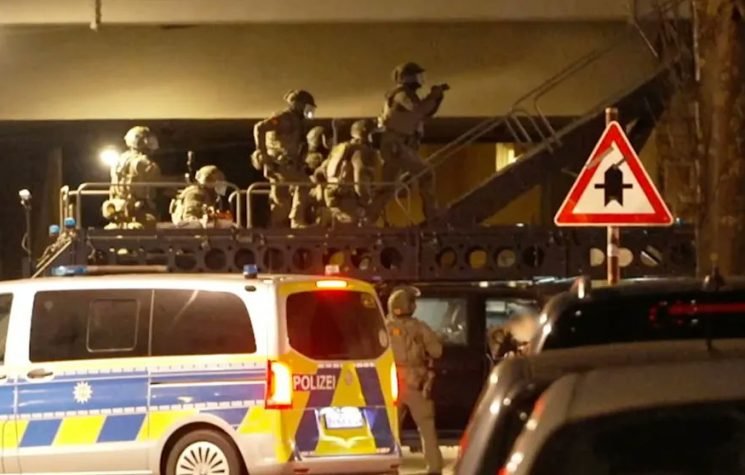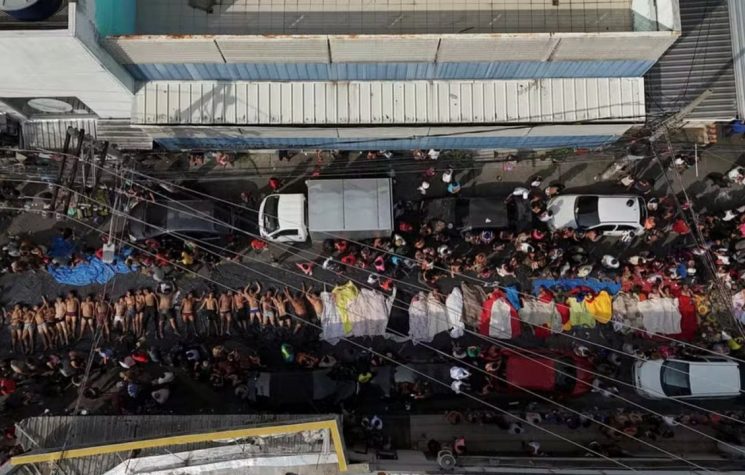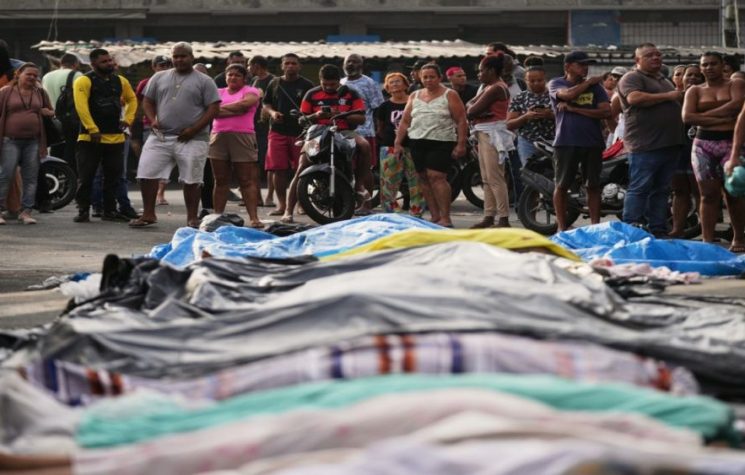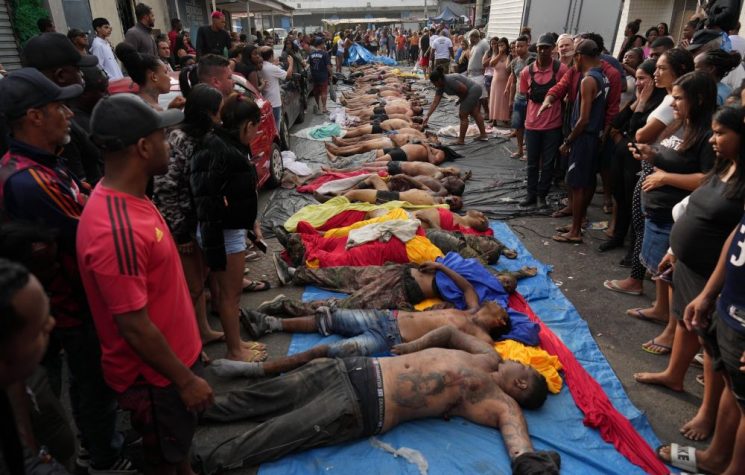Next year, the Superior Electoral Court will need to censor many videos to help Lula’s reelection, Bruna Frascolla writes.
Join us on Telegram![]() , Twitter
, Twitter![]() , and VK
, and VK![]() .
.
Contact us: info@strategic-culture.su
In the early morning of October 28, 2025, the deadliest police operation in Rio de Janeiro’s history took place: 121 dead, including four police officers. Undoubtedly, an enormous number, strange for a country that, in theory, is not at war. And that’s where the controversy begins: the Brazilian establishment refuses to admit that the territorial control exercised by drug cartels represents an exception to the democratic order in the slums. Actually, if there is an exception in the slums, the blame lies entirely with the police, who are supposedly racist and kill supposedly poor black people out of pure malice. (Brazilian police and bandits share the same racial profile, but if in New York they say the police are racist, then the police are racist.) Thus, the Supreme Federal Court, in its infinite wisdom, imposed a state of exception on Rio de Janeiro in which the police faced a series of restrictions to enter the slums dominated by drug cartels. To no one’s surprise, the drug cartels thrived.
The operation in question was carried out to execute arrest warrants against leaders of Red Commando (Comando Vermelho), a Rio de Janeiro drug cartel that has spread throughout the country. In addition to the high number of deaths, the operation resulted in 113 arrests. Among the dead and arrested were drug lords from Bahia, Pará, the Amazon, Espírito Santo, Ceará, Goiás… Of these states, only one is a neighbor of Rio de Janeiro (see a map here). Among the rifles seized, symbols identified the foreign origins of their owners, such as a flag of Bahia or a hat typical of the Semi-Arid region. In fact, the “ADPF das Favelas” (the Supreme Court’s artifice that tied the hands of the police) transformed Rio de Janeiro into a sanctuary for organized crime. Since April, however, the Supreme Court gave up on series of restrictions.
Brazil’s misfortunes with the issue of public security are numerous, and the outsider can watch the film Elite Squad (2007) to get a glimpse. In it, a captain of BOPE, the special operations battalion of Rio de Janeiro, trains tough police officers and puts a bag over the heads of criminals to get information. The film was a spectacular success, and Brazilians, to the despair of the “thinking” elite, loved Captain Nascimento. While most Brazilian cinema made films of “social criticism,” Elite Squad showed the side of the police and ridiculed the potheads who studied in elite colleges, worked in NGOs and said that drug traffickers have social conscience.
Almost twenty years ago, it was already possible to suspect that the published opinion, so attuned to New York sensibilities, did not reflect the popular Brazilian sentiment. Even so, it was thought that the problem was the film; the actor who played Captain Nascimento even became woke. The film’s director practically asked for forgiveness. The reaction of the Brazilian elite showed that nothing has been learned in these almost twenty years.
Unfortunately, it is common for innocent people to die during police operations in the slums. The reason for this is that they are densely populated, and shootouts in this space have a high chance of hitting innocent people. A famous example in my state, Bahia, is the Joel boy affair: in 2010, his father was putting him to sleep when a bullet fired by a police officer entered through the window and killed him. In the face of an operation that killed so many, it is normal to expect that there will be innocent people among the dead – and, in the face of this, the discourse of human rights gains some legitimacy before the population. Even if the majority never subscribes to the anti-police rhetoric, at least they can give the benefit of the doubt regarding the intentions of its proponents. But what if there are no innocent people involved? What then becomes of public opinion?
That’s exactly what happened this time. At first, it was hoped that there would be innocent people. But a day passed, and another, and another, and nothing. This operation was different: the police went after the bandits in the early morning, who had gone to a wooded area. There, police officers from the famous BOPE and CORE were waiting for them. There was an intense exchange of gunfire, and many corpses remained in the woods.
The next day, residents of the slums, perhaps related to the Red Commando, collected bodies from the wooded area, removed the camouflage clothing that the traffickers were wearing, and lined them up in full view of everyone. “Community leaders” invited journalists with little skepticism to photograph the scene (a liberal-conservative newspaper even gave voice to a “community leader” from the NGO “Papo Reto”, who lamented the fact that children were seeing so many corpses – without caring about the fact that the public display of corpses was organized by the same leaders). The official Instagram profile of Marcinho VP, Red Commando’s leader, displayed the photo with the caption: “Today, Rio became a scene of mourning and indignation. The slum asks for peace!” The caption included a social critique in broken Portuguese: “Why don’t you give education instead of killing people?” The same profile also shared posts from the impeccable NGO Papo Reto, which, incidentally, is funded by Ford Foundation. Even Corriere della Sera, in Italy, reproduced a photo of the lined-up corpses in an article opposing the operation.
It’s easy to have this opinion in Italy or Brussels. On October 31st, the UN echoed the ADPF das Favelas and recommended the return of the suspension of operations. However, if you live in Brazil, a formidable disconnection from reality, as well as a reversal of values, is necessary to continue criminalizing the police instead of the criminals.
In Rio de Janeiro, it has been normal for many years for drug traffickers to exchange gunfire on both sides of busy roads like the Linha Vermelha and Linha Amarela – so much so that, on the same day the UN published its foolish suggestion, one of these shootouts killed an Uber passenger. From Ceará, one of the states that suffered greatly from the expansion of the Red Commando during the pandemic, three news arrived in a short time: a cook was murdered in front of her children for not poisoning the police officers’ food; a skewer vendor was murdered for not paying the monthly fee of one thousand reais (185 dollars); an entire village was emptied by order of a drug cartel – even the health center, school, post office, and police station were evacuated. Faced with this inflamed scenario, it is a slap in the face of the population that the State is only criticized for its actions, not for its omissions.
Brazilian academia, Left, and journalism live in a bubble and are dependent on foreign opinion. Thus, it was not long before they condemned the operation and lamented the deaths of the bandits – whom normal Brazilians already jokingly call “victims of society.” An anthropology professor from a federal university appeared on TV as a “public security expert” and became a meme first for her appearance (see here); then, for saying that assault rifles “have low criminal yield” and that a criminal with an assault rifle “is easily subdued by a pistol, even by a rock to the head.” This professor has been traveling to Brasília on duty, at the request of the Ministry of Justice and Public Security!
At least the press is still interested in having an audience. Opinion polls on the operation were conducted. And the results showed that most Brazilians approve of it, and that the approval rate is higher in Rio de Janeiro and in the slums. The most important Brazilian TV network, Globo, maintained its anti-police coverage only on the pay channel, which is watched by liberals and leftists from the middle and upper classes. On broadcast television, the TV shifted towards the common sense, as it is watched by the working class. While the usual coverage focuses on the mothers of bandits crying and saying that her kid dreamed of becoming an astronaut, this time the choice was to give voice to the mothers and wives of the dead police officers. A bandit’s mother lamented that her son had chosen this life and said that the end result is either death or prison. The national broadcast of police’s body camera footage (which didn’t exist at the time of Elite Squad) left no doubt that it was a fierce combat in the jungle, rather than a massacre with room for torture.
While the TV networks are clever, the same cannot be said of the leftist politicians in the federal government. Just days before the operation, Lula had said that drug traffickers were victims of users (this echoes Captain Nascimento, who beats, kicks, and insults an upper class pothead and says that he is the one who finances drug trafficking and is responsible for the deaths at the slums). After the operation, Lula remained quiet for a few days… Until finally speaking out at the COP (Communist Party) in order to say that the federal government will seek an independent investigation, and to criticize the fact that the police killed instead of arresting the criminals (who, by this point, the whole of Brazil already knows opened fire on the police). The Minister of Human Rights (called by Brazilians “rights of the thugs,” changing humanos for manos) went further and wants the federal government to provide assistance to the families of the dead criminals. Meanwhile, the approval rating of the discreet governor Cláudio Castro, a Bolsonarist, reached unprecedented levels, and his name became nationally known.
Next year, the Superior Electoral Court will need to censor many videos to help Lula’s reelection.


















